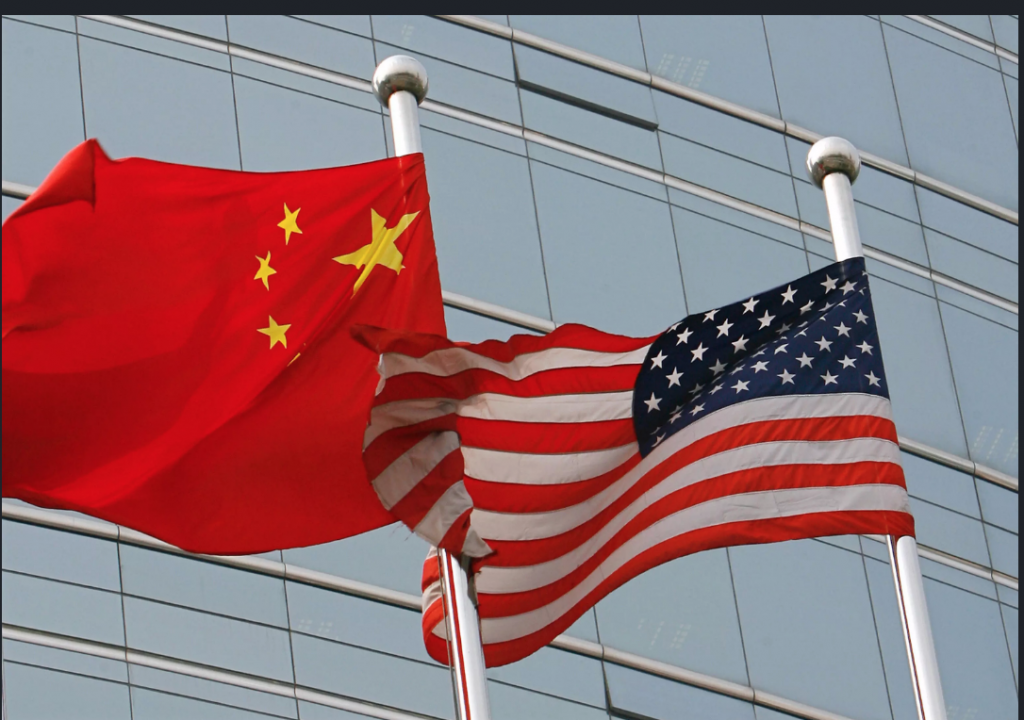
The U.S. has cited China for human rights violations in its decision to
U.S. Puts Eight More Chinese Tech Firms on Entity List
After years of boiling tensions with the People’s Republic China, President Nixon and Secretary of State Henry Kissinger engineered the détente that led to a major trade relationship between China and the U.S.
Fast forward to the digital age and the massive amounts of intellectual property China has been long accused of stealing from U.S. corporations and government departments⏤often getting away with it penalty-free. In response to the theft and human rights violations, the U.S. Department of Commerce has joined in with sanctions during the tariff war with China.
Already 20 Chinese companies landed on a forbidden-to-do-business list called the Entity List. Now the U.S. has added eight more, due to their participation in human rights violations against a Muslim group that have long been the subject of persecution, according to the United Nations.
Channelnewsasia.com reported that the U.S. added eight new companies because they make surveillance cameras, facial recognition software and other technology that has become ubiquitous in Xinjiang, the heavily policed northwestern region where an estimated one million mostly Muslim minorities and ethnic Uighurs are held in internment camps.
The government organizations placed on the Entity List today include the Xinjiang Uighur Autonomous Region People’s Government Public Security Bureau and several associated government agencies; tech companies video surveillance manufacturers Dahua Technology and Hikvision; AI tech firms Yitu, Megvii, SenseTime and iFlyTek; digital forensics company Meiya Pico; and Yixin Technology Company, according to an article in techcruch.com.
Even prestigious MIT earlier this year ended its working relationships with Huawei and ZTE over alleged sanction violations. After the U.S. placed Huawei on the official Entity List earlier this year, founder and CEO Ren Zhengfei said he expected the company to lose $30 billion in revenue, among other financial repercussions.
In a statement, a Hikvision spokesperson said:
“Hikvision strongly opposes today’s decision by the U.S. Government and it will hamper efforts by global companies to improve human rights around the world. Hikvision, as the security industry’s global leader, respects human rights and takes our responsibility to protect people in the U.S. and the world seriously. Hikvision has been engaging with Administration officials over the past 12 months to clarify misunderstandings about the company and address their concerns.”
It’s a very costly proposition to land on the list for companies that depend on the U.S for part or for sales.
read more at techcrunch.com







Leave A Comment